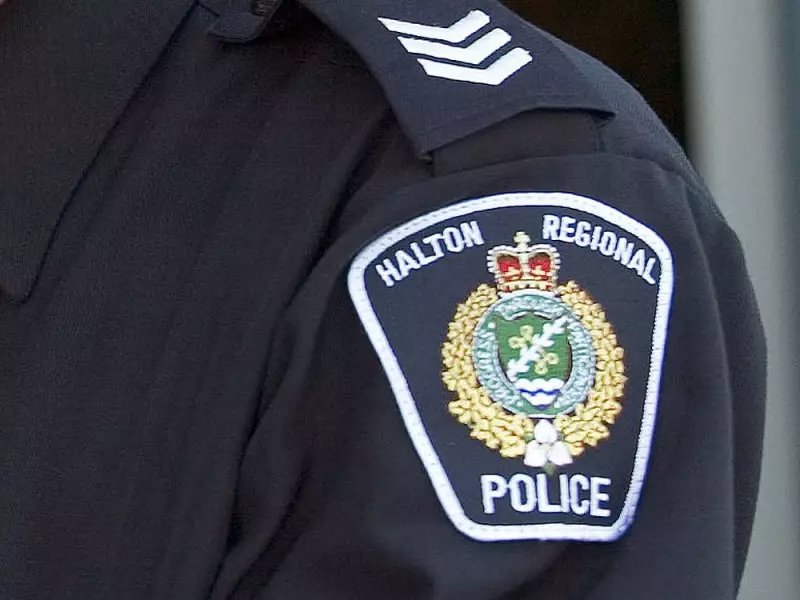
The Halton Regional Police Service has taken a significant step toward modernizing its public communication systems by implementing an artificial intelligence assistant to manage non-emergency calls. The new system, which became operational on Monday, represents a major shift in how the police service handles approximately 160,000 non-urgent calls received each year.
Introducing SARA: The Smart Answering Routing Assistant
Named SARA (Smart Answering Routing Assistant), the AI system will function as the first point of contact for individuals calling the police service's non-emergency line. This responsive and adaptive automated voice system operates 24 hours a day, designed to efficiently handle routine inquiries while ensuring emergency situations receive immediate human attention.
All 911 calls will continue to be handled directly by human communicators, maintaining the critical personal touch during genuine emergencies. The implementation of SARA specifically targets the substantial volume of non-urgent calls that currently occupy valuable communicator time.
Months of Development and Testing
According to Deputy Chief Jeff Hill, the deployment follows extensive preparation. "For several months, our Communications Bureau and Information Technology Unit has been working to develop, train, and refine SARA, repeatedly testing a wide range of scenarios to confirm it's able to receive and handle calls appropriately," Hill stated.
The deputy chief expressed confidence in the system's capabilities, noting that police officials are "proud to be adopting such reliable and cutting-edge technology that will help us reduce the number of non-emergency calls our communicators spend time on."
How the AI Call System Works
When residents call the non-emergency line, SARA will engage them in a conversation consisting of short, targeted questions. This interaction helps the system determine whether it can address the caller's needs or if the situation requires transfer to a human communicator.
Every interaction with SARA is recorded and transcribed in real-time, ensuring accountability and providing a complete record of the exchange. The system is programmed to immediately transfer calls to human operators under specific circumstances, including when callers indicate they're experiencing an actual emergency, when the system cannot understand the caller, when language translation services are required, or when SARA determines it cannot adequately address the caller's concerns.
This technological advancement positions Halton Regional Police Service at the forefront of law enforcement innovation in Ontario, potentially setting a precedent for other police services across Canada looking to optimize their resource allocation while maintaining quality public service.






